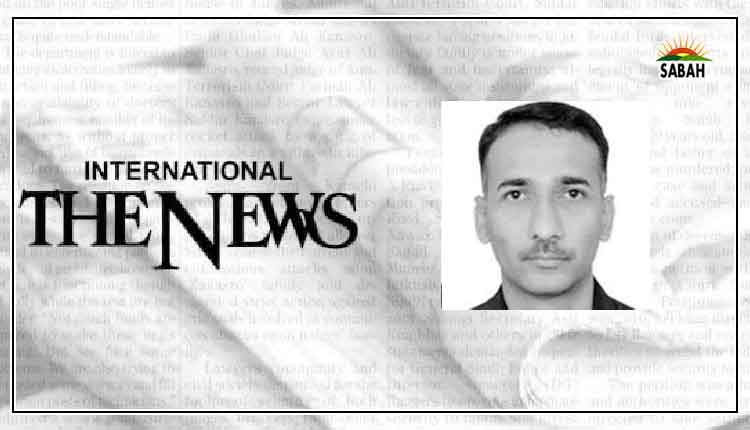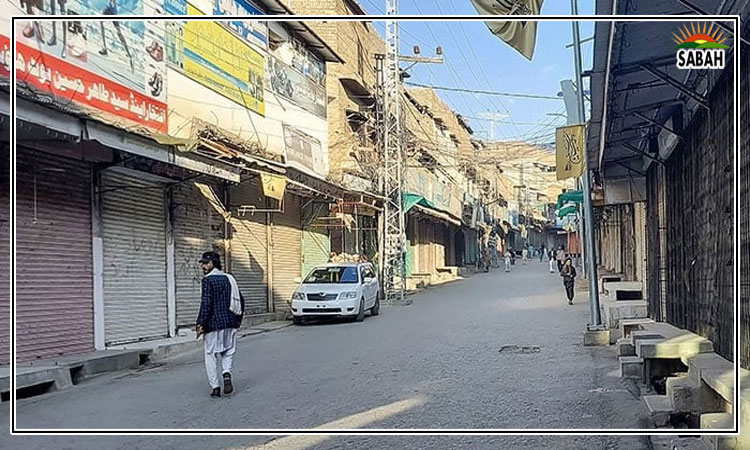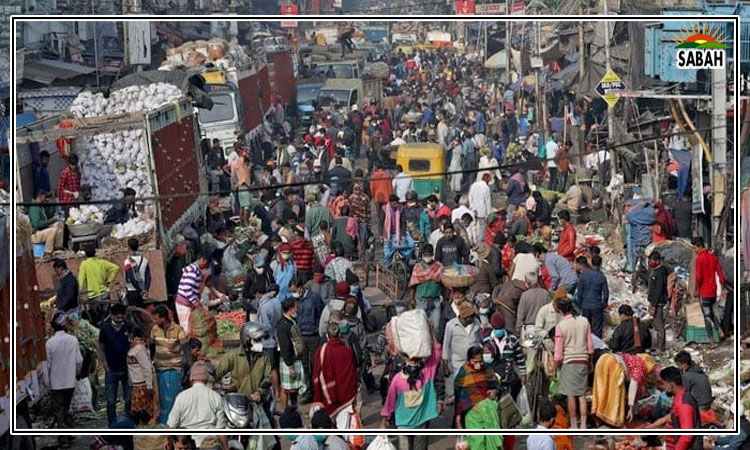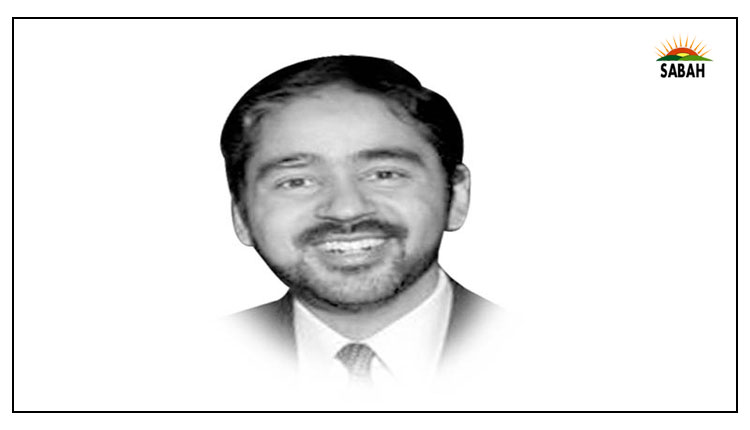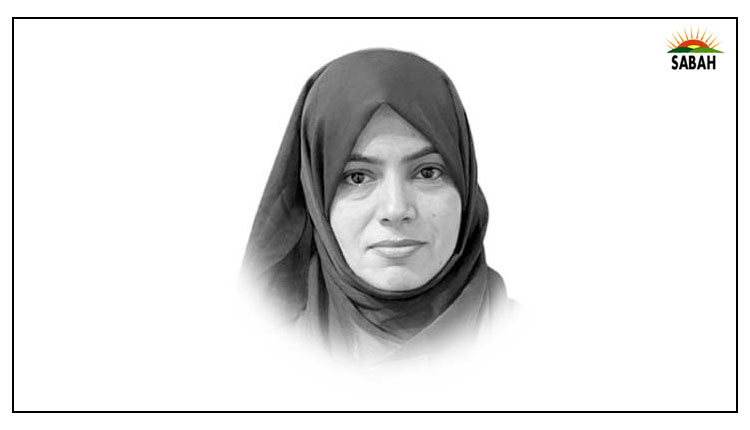How to solve the leadership crisis…By Sumreen Fatima
Poor countries are poor because those who have power make choices that create poverty.” This profound wisdom from Daron Acemoglu –recent Nobel laureate (October 2024) in economics and co-author of ‘Why Nations Fail’ — sets a critical framework for understanding how leadership impacts national outcomes.
Post-World War II theories of leadership suggest that leadership should not be viewed merely as a top-down structure; rather, it is a reciprocal relationship between leaders and followers, with both playing integral roles in the leadership equation. The post-war concepts of leadership draw on a four-fold conception: (a) leaders have clear visions and goals; (b) they communicate these visions to create shared meaning; (c) they build trust among their followers to mobilise support; and (d) they have the ability to turn their individual visions into a collective aspiration.
Similarly, the rational choice model conceives of leader-follower interactions as exchange transactions between calculating buyers and sellers within a political marketplace. This model applies to modern democracies and explains leadership actions based on logical generalisations deduced from a mathematical model of rational exchange transactions.
However, the rational choice model cannot be applied to political leadership in Pakistan, as there have been no rational exchange transactions between the leadership and the people. Political leadership in Pakistan has proven both ineffective and inefficient in consolidating democracy and upholding democratic principles. Moreover, this leadership has been more extractive than inclusive, lacking purpose and proactive engagement.
Political leaders often make lofty promises to secure political support but fail to deliver once in office. History shows that promises such as improving living standards, providing opportunities and incentives, safeguarding democratic norms, and ensuring access to quality education and healthcare remain unfulfilled. This persistent failure exposes the deeply flawed and extractive nature of Pakistan’s political and economic institutions, driven by leaders who are plagued with greed and self-interest.
It is not an exaggeration to say that leadership in Pakistan has failed to meet the expectations and aspirations of the people and has been unable to foster meaningful interactions with followers. Instead, there has been an increasing reliance on empty rhetoric and patronage networks to mobilise public support, all while showing little regard for the needs of the poor and middle classes. Rather than embodying true leadership, they have reduced themselves to mere rhetoricians, lacking stature and charisma essential for effective leadership.
Since its inception, Pakistan has oscillated between military rule and democratically elected governments, experiencing decades of socio-political turbulence and economic instability. Liberal scholars argue that democracy has failed in Pakistan due to the burden of history; incompetent political leadership has plundered the country, bringing it to its knees through a combination of corruption, maladministration, and irresponsibility. In this turbulent political climate, Pakistani politics has become predominantly characterised by a focus on personalities and patronage rather than on ideas and institutions.
In ‘Why Nations Fail’, Acemoglu and Robinson explain why some nations prosper while others fall behind — or, put differently, what explains the staggering disparities between nations and why relative deprivation is increasing between the rich and the poor? A showcase of brilliance and intellectual rigour, ‘Why Nations Fail’ provides insights into historical vignettes ranging from imperial Rome to modern Botswana.
The authors present a convincing theory: the correlation between economic growth and political institutions significantly contributes to the successes and failures of societies and nations. They differentiate between ‘extractive’ institutions, which benefit a small elite and perpetuate poverty, and ‘inclusive’ institutions, which encourage broad participation in political and economic activities. Inclusive institutions promote democracy, pluralism, political and economic freedom, and the rule of law through the decentralisation of power, as seen in countries like South Korea, the US, and the UK. In contrast, extractive institutions design policies that concentrate wealth and power among elites, ultimately leading to national decline.
In Pakistan, the relationship between leadership and institutions can be understood as a two-way interaction. The persistent lack of effective leadership has led to the establishment of extractive political institutions that prioritise the interests of a small elite over the needs of the broader population.
This focus on personal agendas, rather than substantive ideas and institutional integrity, underscores a systemic failure that traces back to the immediate aftermath of Independence. At that time, weak political institutions and low governance capacity among political elites allowed coalitions to form among political elites, the bureaucracy, the military, and the merchant-industrial classes. This enduring coalition empowered the military to maintain its hegemony in Pakistani politics, significantly hindering democratic development and obstructing the emergence of effective leadership.
While such intervention has undeniably stifled democratic progress in Pakistan and limited opportunities for effective leadership to emerge, it is equally important to recognise that civilian governments, when allowed to operate under democracy, have likewise failed due to their ineffective leadership. This dual failure — military dominance and ineffective civilian leadership — has perpetuated a cycle of dysfunction that undermines Pakistan’s potential for genuine democratic governance. As a consequence, democracy has weakened over time, leading to mere electioneering and a growing hybridity that creates a façade of democracy.
The interconnected failures of both military and civilian leadership have deepened the institutional crisis, leaving Pakistan in a state where true democratic engagement remains elusive. This ongoing decline challenges the philosophical and ideological foundations of Pakistan and puts them to the test. While the name ‘Pakistan’ remains unchanged, everything else has changed, and perhaps not for the better.
In efforts to justify the leadership crisis in Pakistan, some may invoke the ‘ignorance theory’, which asserts that inequality persists because leaders lack the knowledge to implement effective policies and often adopt misguided economic strategies. However, a closer examination of Pakistan’s political history reveals that ignorance accounts for only a small portion of the leadership crisis. The primary issue lies in the extractive political institutions that have become entrenched in the country. These institutions reinforce political and economic structures that prioritise the interests of a small elite while failing to address the needs of the broader society.
Addressing Pakistan’s leadership crisis requires institutional reforms. As explained by Robinson and Acemoglu, both inclusive and extractive institutions emerge from critical junctures in history. The Black Death, for instance, served as a pivotal turning point for Western Europe, facilitating the decline of extractive feudalism. Similarly, Pakistan stands at a critical juncture with the potential to transform its future for the better, provided that it is managed effectively. The establishment of integrative and inclusive institutions is important for national prosperity.
A critical first step toward this is upholding separation of powers as enshrined in the constitution of Pakistan. This principle mandates that all state institutions, including the executive, legislature, judiciary, and military, operate within their designated domains and avoid overstepping into each other’s jurisdictions, as has occurred since independence. Maintaining this balance of power is important for democracy and democratic principles to flourish while preventing the monopolisation and overexploitation of resources and power.
In the timeless reflections of Hegel, it is whispered that great men are the products of great historical moments. A true leader perceives the needs of their time and people, translating those needs into meaningful political action. To address Pakistan’s leadership conundrum, institutional reforms must begin with the establishment of inclusive, accountable governance structures. These reforms should prioritise the needs of the population, reduce patronage politics, and establish checks on executive power.
For leadership to be effective, it requires leaders to genuinely connect and engage with the needs and realities of society, rather than pursuing self-serving practices that jeopardise the nation’s collective well-being. By adopting this constructive approach, the leadership in Pakistan can transcend personal interests, better serve the people, and strengthen true democracy through the establishment of inclusive political and economic institutions. This commitment is important for steering the nation toward a more equitable and prosperous future.
COURTESY



